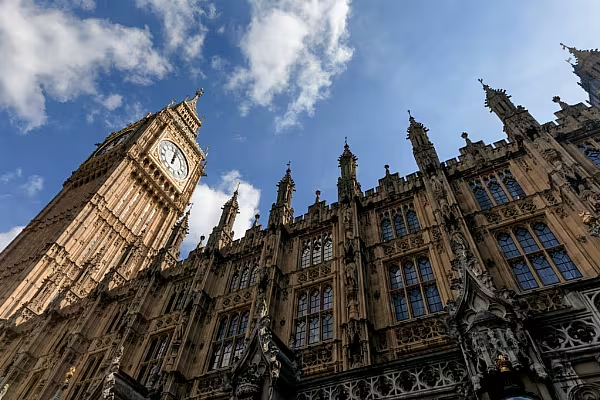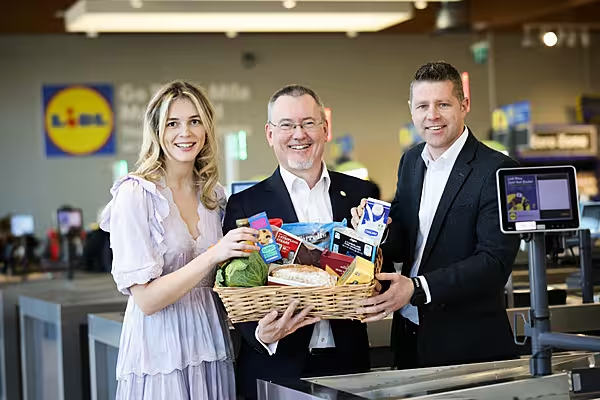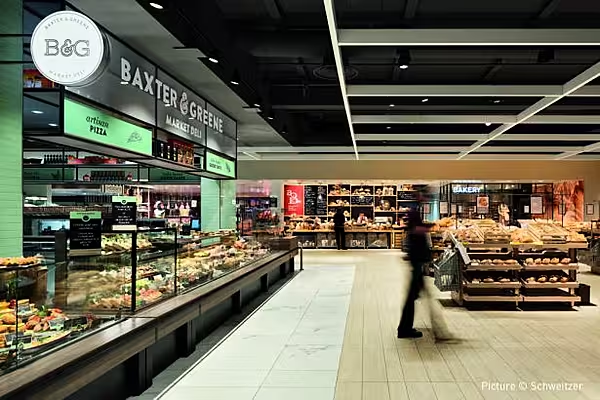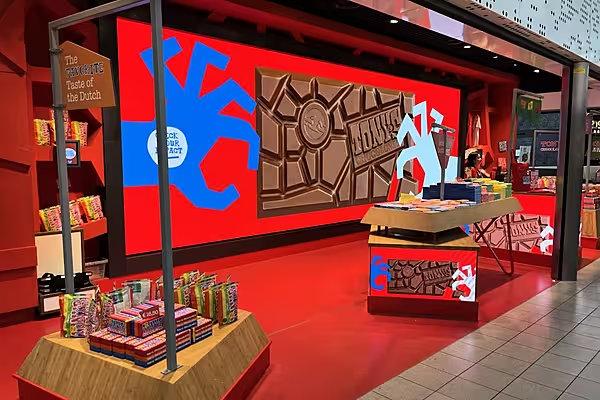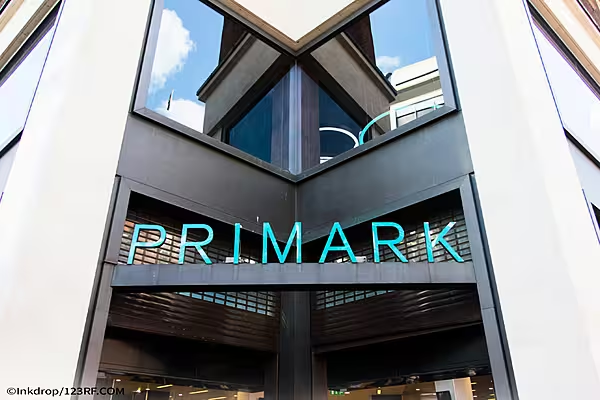The European Union is increasingly worried about British Prime Minister Boris Johnson's stance on the Irish border and future competition rules, sources said on Thursday.
Johnson is pushing for a parliamentary election after the House of Commons blocked his bid to take Britain out of the EU on 31 October - with or without a divorce settlement.
He says he is making progress in talks to rework the terms that his predecessor Theresa May agreed with the EU but failed to pass at home - but European diplomats say London has yet to make any meaningful proposals.
No Specific Ideas
Diplomats and officials told Reuters EU negotiator Michel Barnier had informed envoys from the 27 other member states in Brussels on Wednesday that London had presented no specific ideas on how to replace the 'backstop' in May's accord - an insurance policy to keep the Irish border free of checks.
His top aide confirmed to EU capitals on Thursday that British Brexit negotiator David Frost offered no new, workable proposals during his visit to Brussels the previous day.
"The mood is dark, we are looking at a no-deal Brexit as a default," an EU diplomat said on Thursday.
Johnson has argued that, by brandishing a threat to leave the EU without an agreement settling the divorce, he can win concessions at a summit in Brussels on Oct. 17-18.
'Unrealistic Belief'
"The Brits have an unrealistic belief that everything will be miraculously solved at the summit," another EU diplomat said.
At Wednesday's meeting, Germany's EU ambassador dismissed Johnson's assertions of progress on the divorce terms.
The envoy said the latest round of EU-UK talks in Brussels was a waste of time, the sources said, casting doubt on any British hopes that Berlin could help it sway the rest of the EU.
Johnson wants the EU to drop the 'backstop', a policy that would tie the UK to the bloc's trading rules after Brexit until a better way is found to preserve the open border between EU member Ireland and the British province of Northern Ireland.
Peace Agreement
Both Dublin and the EU say that to restore border infrastructure would endanger a peace accord that largely ended decades of sectarian violence in the province, in part by removing checkpoints and making the border essentially invisible.
At the same time, they insist that the border must not become a back door for avoiding checks and duties on goods heading for the EU single market.
At the meeting, both Barnier and Ireland said Johnson's government was merely trying to avoid restoring heavy equipment and extensive checks on the physical frontier.
According to the sources, they said London was still proposing that checks would be carried out elsewhere on the island after Brexit, and that this would infringe the parts of the peace accord that provide for north and south to be a single economic zone with frictionless trade.
"Though time is running out, the EU continues to be open to constructively discuss any proposal that prevents a hard border on the island of Ireland, respects the Good Friday Agreement, safeguards the common market and can be implemented in a timely manner," said another EU diplomat.
On trade, Barnier said Johnson had made clear he was aiming at a very limited free trade agreement with the EU.
'Level Playing Field'
The EU is worried, however, that London no longer wants to legally commit to a 'level playing field' - shorthand for agreed baseline rules on environmental standards, labour regulations and state aid - to ensure Britain would not be able to offer products in the EU at dumping prices.
The briefing raised "strong concern about a bare-bones free trade agreement and no level playing field", a senior EU diplomat said. "This notion that we would end up with a Singapore-on-Thames with a 'race to the bottom' on regulations."
France, the Netherlands and other EU states highlighted how important it was for them to protect the bloc's single market from such a risk.
With London specifically declaring it wants to distance itself from EU regulations, France's envoy said any future trade agreement would inevitably have to include customs tariffs.
News by Reuters, edited by ESM. Click subscribe to sign up to ESM: European Supermarket Magazine.
